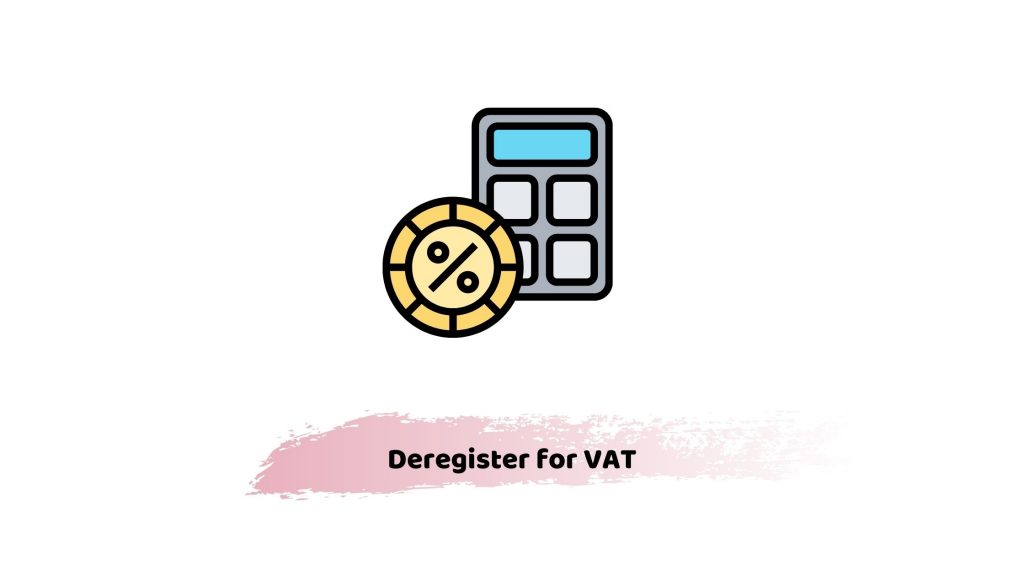Because of the Covid-19 crisis, numerous organizations are encounter no or diminished turnover. Most of the time, the business is VAT-enrolled, and a few proprietors are finding out if they can now deregister. What are the principles to go about that? Is it generally fitting to do as such?
There can be various thought processes to deregister for VAT. For instance, if most of the deals are B2C deals, for example not to other VAT-enrolled organizations, the VAT charge is a genuine expense to the client. If you’re willing to deregister for VAT, you can be offered a serious edge as there is no need to charge VAT at some point. This may assist the business with recuperating limitations being lifted. If you’re looking for an opportunity to rearrange reporting and accordingly, diminish administration costs, this is one opportunity you must look upto.
A conspicuous drawback is the loss of capacity to recover input tax on future buys, which expands the expense to the business.
Obligatory deregistration
A business must deregister in the event that it quits exchanging or quits making taxable` supplies. It should likewise deregister in the event it joins a VAT gathering.
Voluntary deregistration
In any case, what we are worried about is voluntary deregistration, for example where a business is as yet qualified to be enrolled yet decides not to keep on being. To deregister along these lines, the business should anticipate its available deals in the following a year to be not exactly the deregistration edge (at present £83,000).
Regardless, deregistration can be mentioned on the web, or by finishing form VAT7.
Suspension of exchange
With decreased profits, because of Coronavirus, there might be an issue. Passage 3.2 of VAT Notice 700/11 expresses that, “”HMRC will not allow you to deregister from VAT if the reduction in your turnover is the result of your intention to stop trading or suspend making taxable supplies for 30 days or more in the next 12 months.”
Comprehensively, this implies that if the solitary explanation the business anticipates that its taxable turnover should fall underneath £83,000. It is also expected to be compelled to close. HMRC will reject the solicitation to deregister. On the off chance that the business can conquer this obstacle, there are further expected issues to address. We’re most likely to address all those issues in the coming days.
Accounting output tax on deregistration
Where the business is holding the stock as well as fixed resources at the time someone deregisters from VAT, output tax should be represented on the final VAT return – determined by reference to the market estimation of the resources in their condition at that point – as though the things being referred to had been sold. The exception for this is the place where the output tax payable would be under £1,000.
The output tax ought to be determined at the fitting VAT rate. This standard incorporates any property that the business has picked to tax, which can prompt an exceptionally huge output tax risk.
There might be further issues with business property covered by the capital merchandise conspire where the deregistration is mentioned inside 10 years of procurement. Once more, this can prompt an enormous output tax liability on the last return.
Do cons exceed pros?
In the event that any of these issues are significant, all things considered, the disadvantages to deregistration will exceed the advantages – especially if the plunge in deals is probably going to be impermanent in any case. A business ought not to deregister from VAT without thinking about the entirety of the expected outcomes.





















































